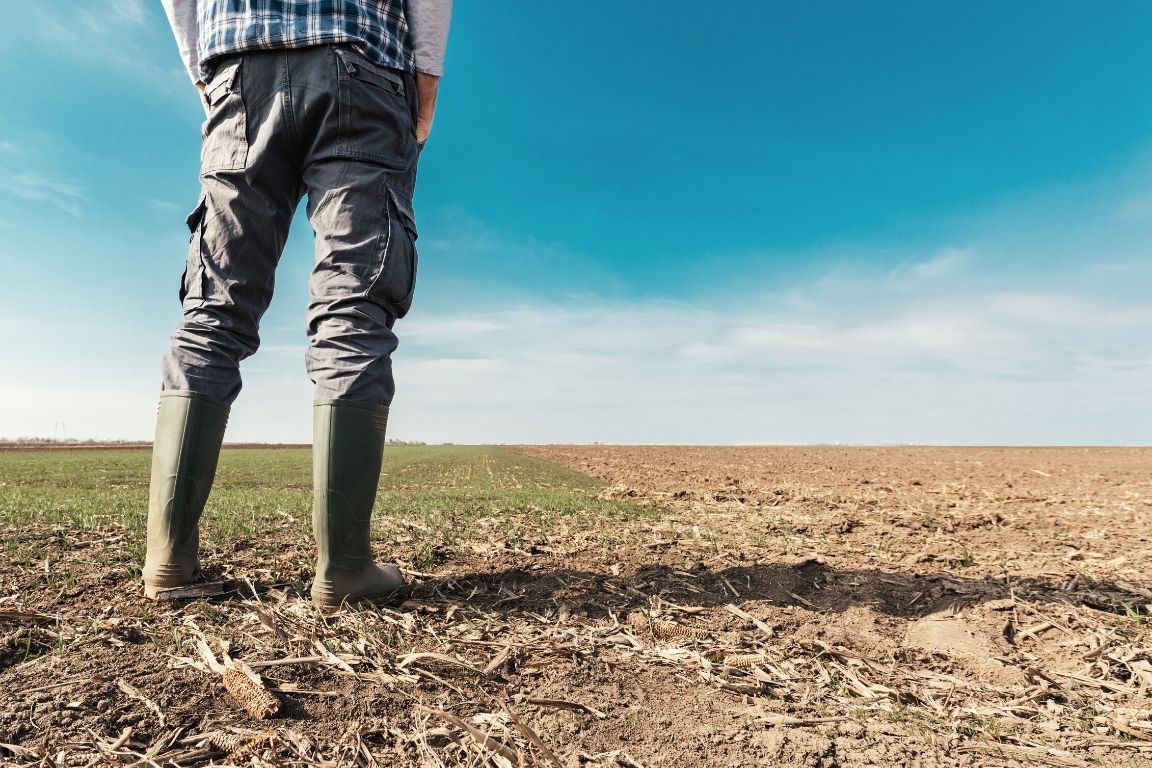If you’re planning on starting your very own farm, you probably already know about the sheer amount of effort it will take to get everything up and running. Luckily, your passion and knowledge of farming will help pull you through. That doesn’t mean that passion and knowledge are the only two things you need to get started, though. There’s the land, the equipment, the livestock, the seeds to plant your crops, and more. It can seem as if the list goes on forever. By focusing on the three core elements that we’re about to explain, you’ll be able to get the most challenging parts out of the way. Here are some invaluable tips and tricks for beginning farmers that will help you succeed.
Lease, Don’t Buy
Are you planning to purchase or borrow your first plot of land? You might want to consider leasing it instead. It’s much easier to lease because there’s no upfront cost associated with this type of contractual arrangement, which will give you enough time to settle into everything and make some profit before you need to make your first payment. If you lease land that’s part of an existing farm, you might even be able to convince the resident farmer to let you borrow equipment. Another benefit of leasing is that it’s flexible. There are multiple options to choose from, including short-term, long-term, ground lease, and leasing-to-own. If you’re planning to move to a different state or town eventually, a short-term lease is one of the better options. But if you’ve completely fallen in love with the property, you may decide to lease-to-own.
Invest in the Right Equipment
The right equipment for cultivating the land, tending to crops, and caring for your livestock can make or break a farm. You can check out Real Industries for the best equipment. Modern farm equipment is expensive. As with your land, you might want to start by leasing your equipment. Leasing is easily the most affordable and convenient option for farmers who are just starting out, even despite the tax- and equity-related downsides. When you’re choosing farm equipment, start with the basics and work your way up. If you only have a small plot of land, you might not need larger and fancier machinery that more expansive farms use right off the bat. Make sure the equipment is high-quality, though. An old and beaten-up tractor might seem affordable, but the inefficiency and near-constant maintenance will eventually make it just as expensive as owning a new tractor. You’ll want to make sure you select the right tires for your tractor and other equipment, as well.
Starting a new farm requires careful planning and consideration. More importantly, you need to know what you are doing. For example, if you are just venturing into beekeeping, knowledge of and insights into cultivating a bee farm can help you do the job right. Not only do you have to be aware of the supplies you need to raise the bees, but you must also know what equipment and gear to use. Maybe you can consider getting a beekeeping starter kit to help you prepare.
Embrace Diversity
One of the most important tips and tricks for beginning farmers is to embrace diversity. If you’re planning to run a specialty farm, you might want to rethink. If you’re raising animals but not growing crops or growing crops but not raising animals, your farm is much more likely to collapse. If your crop harvest isn’t as plentiful as expected, you won’t have anything else—such as your animals and their products—to fall back on. Diversity makes a farm much more sustainable, both economically and environmentally. Your wheat might fall victim to a sudden storm, but if your field of rutabaga survives, you’ll still be able to make money and survive another season. Environmentally, it’s no secret that animals and plants have a symbiotic relationship. Plants will feed the animals, and the animals will feed the plants, allowing both to flourish.











